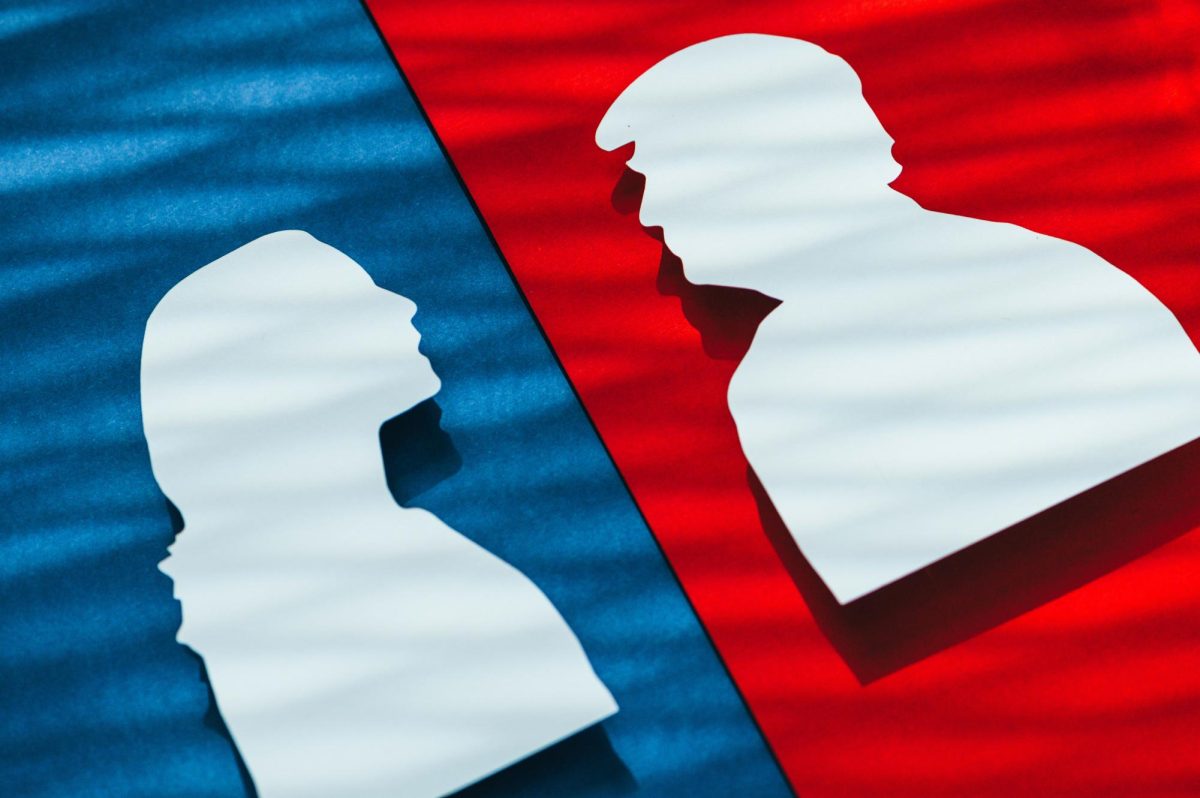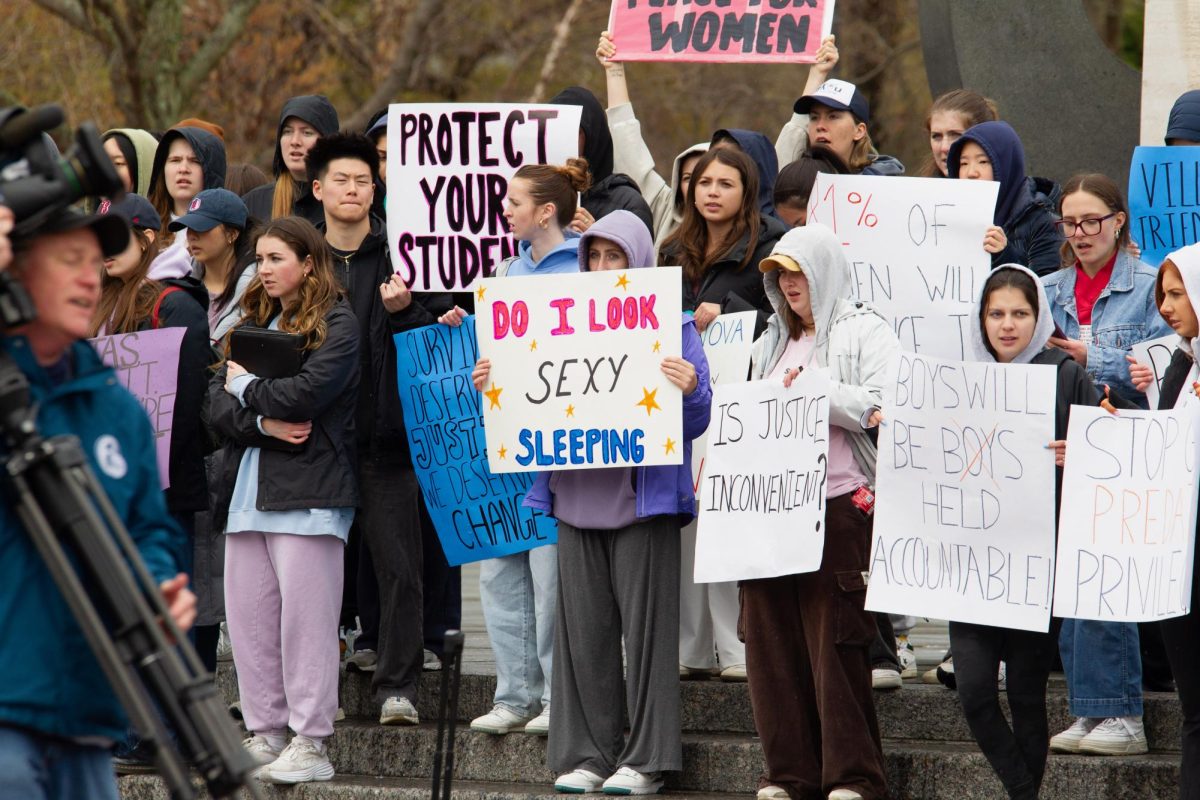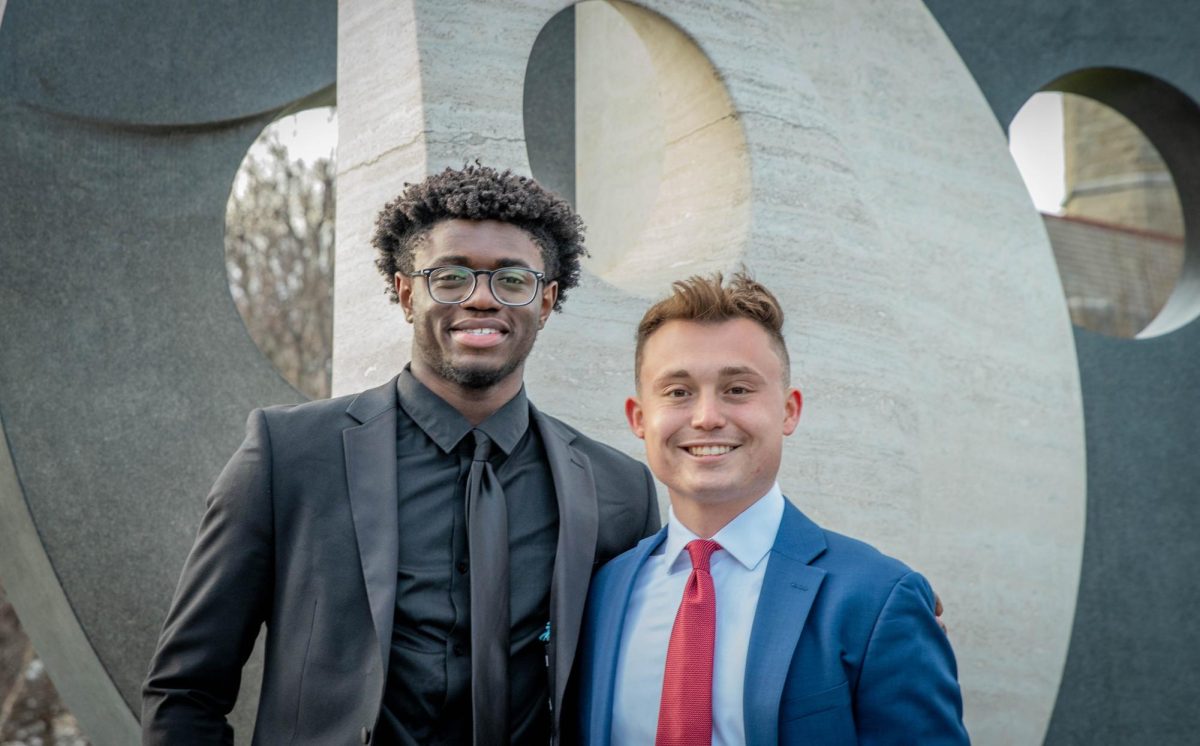On Tuesday, Sept. 10, Vice President Kamala Harris and former President Donald Trump faced off in a highly anticipated presidential debate. It was the second debate of the 2024 election cycle, but the first to include the new Democratic nominee following Joe Biden’s departure from the race. The event had no audience, but broadcast from the National Constitution Center in Philadelphia. ABC News anchors David Muir and Linsey Davis moderated this highly contested debate, which was an important opportunity for the nominees to gain additional traction ahead of the November election.
Economy and Inflation
Unsurprisingly, the opening debate questions addressed the country’s economic state. The economy, a polarizing topic, fueled heated exchanges between the two candidates as they clashed aggressively at the Constitution Center. Harris championed her “opportunity economy” plan, stating, “I am actually the only person on this stage who has a plan that is about lifting up the middle class and working people of America.”
Trump quickly fought back and denied the sales tax claim. Additionally, he acknowledged current high inflation levels, saying, “We have inflation like very few people have ever seen before. Probably the worst in our nation’s history,” a criticism of the Biden-Harris administration.
Opposition on Abortion
Trump took the first question on abortion. He accused Kamala Harris and her running mate, Tim Walz, of supporting abortion even after birth, a claim that was promptly challenged by the debate moderators and has been widely debunked. Trump also defended his appointment of Supreme Court justices, arguing that its rulings have appropriately shifted the decision on abortion laws to the state level.
Harris condemned the overturn of Roe v. Wade and criticized Trump’s role in it. She contended that Trump’s approach would lead to the signing of a national law banning abortion. She expressed concern over women facing medical emergencies who might be denied necessary care due to fears that such treatment could be misinterpreted as an abortion.
Immigration
During the debate, Harris highlighted her efforts in prosecuting transnational gangs and criminals operating within the U.S. She pointedly criticized Trump for obstructing a bipartisan immigration bill, which she argued could have provided much-needed reform.
In response, Trump devoted a significant portion of his time to linking Harris to a substantial rise in migrant numbers, asserting that this increase has contributed to higher crime rates and posed serious threats to the economy. He framed the migration surge as a direct result of policies associated with Harris and the current administration. He attempted to turn many questions back to this issue.
Foreign Policy
In the debate, foreign policy issues emerged as a critical point of contention between the candidates.
Harris emphasized the need for a more robust approach to international alliances, advocating for renewed commitments to NATO and strategic partnerships to counter global threats. Harris also accused Trump of being easily manipulated by dictators and authoritarian leaders, suggesting that his approach to international relations lacked the necessary firmness. This came after Trump boasted about his well-established relationships with leaders like Zelensky and Putin.
In response, Trump defended his administration’s record, highlighting his efforts to negotiate trade deals and his emphasis on prioritizing American interests. He argued that his unconventional tactics had led to significant economic gains and improved national security. Trump claimed that major conflicts, such as Russia’s invasion of Ukraine and the recent Hamas attack on Israel on Oct. 7, would not have occurred if he were in office.
Debate Analysis
Following the debate, there has been an increase in fact-checking and scrutiny from the media. Both candidates have faced criticism for either outright falsehoods or significant exaggerations in their statements.
Many viewers have noticed the lack of substantive policy discussion, with many of the questions leading back to personal attacks and contentious issues rather than focusing on detailed policy proposals. Harris often provoked Trump with targeted taglines or questions, to which he responded with bitterness and frequently avoided making eye contact. Trump often resorted to swift attacks, such as labeling Harris a “Marxist,” while frequently being on the defensive.
Allyson Levin, assistant teaching professor in the Communication Department, commented on the media frame of the debate.
“Debate coverage has long focused on the interactions between candidates: the handshake (or not), interruptions, body language and heated exchanges,” Levin said. “We’ve seen a lot of attention on this being the first time the candidates have met, ever, let alone faced off on a debate stage. We’ll continue to see coverage on how they interacted before, during, and after the debate, particularly within the context debate rules that the candidates agreed upon.”
Levin provided live updates throughout the event, highlighting how media framing can influence the direction of the election.
“We’ll see how the campaigns spin their performances tonight, especially on social media,” Levin said. “Given that it is the first and perhaps only presidential debate between these two candidates, it will be noteworthy to see how the campaigns package and sell their candidates’ performances tonight.”
As the 2024 presidential race heats up, this debate has only deepened the existing divides and intensified the scrutiny each candidate faces. This election season is certainly a controversial one, and the debate seemed to enhance this divide.








